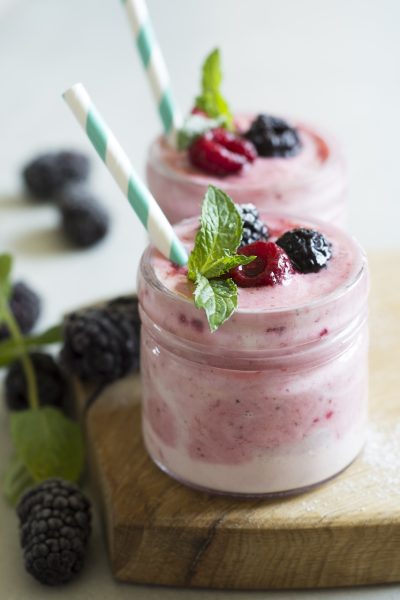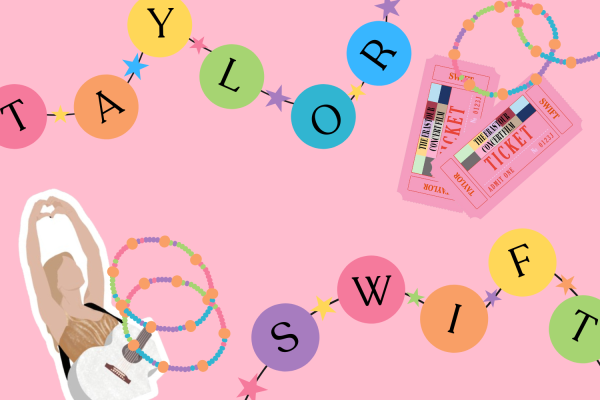How to Tackle Allergy Season

Spring is an exciting time of year because of the comfortably warm weather, blooming flowers and the start of the harvesting season for many crops. Unfortunately, along with blooming flowers, there is pollen. As the climate changes and temperatures rise, so does the pollen count. Over 30 percent of adults worldwide have been diagnosed with seasonal allergies. With the pollen count being significantly higher than has in the past, here’s how to handle it.
Stay indoors on dry and windy days. On these days, it’s easy to inhale dust and pollen particles, which will likely set off the symptoms of hay fever; Sneezing, sinus pressure, runny nose and itchy/watery eyes. It depends on the individual and how much they will be able to tolerate during windy days where they are more perceptible to setting off their symptoms.
Being prepared is the most important thing to keep in mind during allergy season. Watch out for high pollen counts. Checking each morning is ideal for people who have severe reactions to high pollen count. There are websites like pollen.com and accuweather.com that publish the local pollen forecast similar to a five-day forecast. There are even apps that forecast the pollen count. This is a helpful way to prepare for high pollen counts.
Keep yourself and your home clean during allergy season. Each day you bring in dirt, dust, and pollen into your home, so keeping the indoors clean is crucial. Vacuuming every couple days, and changing your sheets weekly are essential tasks to keep your home clean. When it comes to keeping yourself clean, washing your hair daily from the pollen and dust particles is also important.
Since seasonal allergies is essentially an immune system condition, it can be controlled through diet changes. Eating food rich in antioxidants can help boost your immune system. It may not completely rid of the allergies but it will help. Some foods rich in antioxidants are blueberries, açai berries, bananas, and kiwi. Eating generous amounts of these foods prior to allergy season will help strengthen and prepare the immune system.
Most people take allergy products in which contain some amount of antihistamine. Antihistamine will help with the symptoms of hay fever such as sneezing, itchy/water eyes, and nasal congestion. It can be difficult to find a decent product that will act fast, last long and not cause drowsiness. It’s recommended that you check with your doctor before taking any type of over the counter medication.












